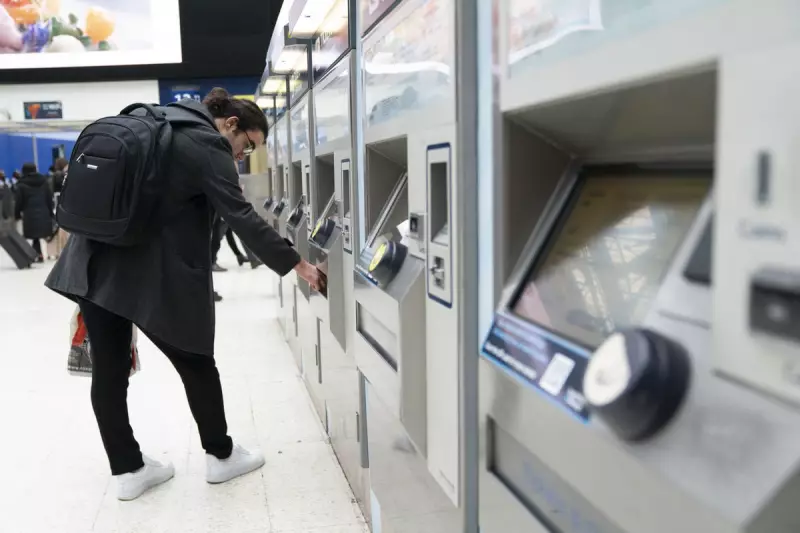
The UK government is on a collision course with the devolved administrations in Edinburgh and Cardiff over its controversial plans for the new Great British Railways (GBR) body, with accusations of a blatant power grab levelled against Westminster.
In a move that has ignited a fierce constitutional row, Transport Secretary Mark Harper is pushing ahead with legislation that would establish GBR as an England-only body under direct UK government control. Critics argue this deliberately sidelines the Scottish and Welsh governments from key strategic decision-making on railways that cross borders and affect their nations.
A Breach of Trust and Protocol
The heart of the dispute lies in the UK government's approach. Scottish Transport Secretary Fiona Hyslop and her Welsh counterpart, Ken Skates, have expressed profound disappointment, revealing that a promised collaborative 'Memorandum of Understanding' on rail governance has been unilaterally abandoned by Mr. Harper's department.
This abrupt U-turn is seen as a significant breach of trust. Both devolved governments insist that for GBR to work effectively across Britain, it must be a genuine partnership, not a body imposed from Whitehall that disregards their existing responsibilities and expertise.
Why This Matters for Passengers
This isn't just a political squabble; the outcome has real-world implications for rail travellers:
- Accountability: Decisions on cross-border services (e.g., London to Edinburgh, Birmingham to Holyhead) could be made without meaningful input from the nations they serve.
- Funding and Priorities: There are fears that strategic investments and infrastructure projects in Scotland and Wales could be deprioritised in favour of English routes.
- Fragmentation: Instead of simplifying the rail network, the current plan could create a new, more complex layer of bureaucracy between the UK and devolved governments.
A History of Tension
This conflict is the latest chapter in a long-running saga. The plan for GBR was first announced by Boris Johnson back in 2021, hailed as the solution to 'fifty years of fragmentation'. However, its journey has been plagued by delays and now, major political discord. The Scottish government has already faced its own challenges, taking ScotRail into public ownership only to contend with industrial disputes and budget constraints.
The UK government maintains that its approach is the most efficient way to deliver a simplified, modernised railway for the entire country. However, for ministers in Scotland and Wales, it looks like another example of Westminster centralising power and undermining the very principles of devolution.





